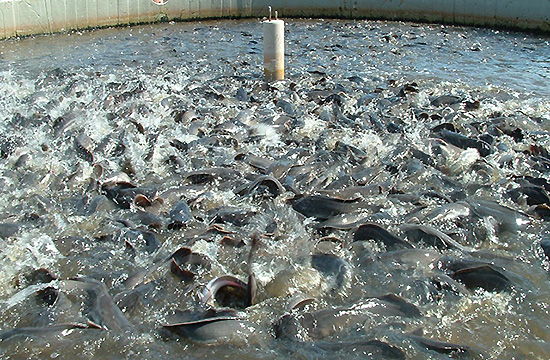
Aquaculture faces challenges transitioning from conventional to sustainable practices. Aquaculture faces challenges transitioning from conventional to sustainable practices.
Urgent action is needed to ensure the long-term viability of the industry and the health of aquatic ecosystems. Addressing this requires a multi-faceted approach, including raising awareness, training, and robust regulatory frameworks.
Organic aquaculture presents a promising solution to meet the global demand for protein. However, transitioning to sustainable production approaches in aquaculture is a significant challenge.
Industrial practices involving antibiotics and chemicals harm the environment. The urgency to address this issue is crucial for the industry's long-term viability and the health of aquatic ecosystems.


The challenge of expanding organic aquaculture lies in increasing the scale of sustainable operations. It encompasses complexities in production, environmental sustainability, and meeting the growing demand for organic seafood.
Limited access to suitable land or water bodies, regulatory frameworks, and market demand are contributing factors. Overcoming these obstacles is crucial for a more sustainable and resilient aquaculture industry.
Establishing and scaling organic aquaculture requires addressing multiple challenges. Financial institutions prioritize profits over ecological benefits, hindering the progress of environmental initiatives.
Scaling up organic aquaculture is linked to challenges such as energy, water, land availability, and the need for orderly and sustainable growth. Urgent action is needed to promote ecological alternatives and make them more efficient and scalable.


Organic aquaculture production systems present weaknesses and significant challenges that must be addressed to establish economic viability and scalability. A holistic triple-bottom-line approach, recognizing economic, social, and environmental dimensions of sustainability, is crucial.
Overcoming these challenges and establishing sustainable organic aquaculture is essential for global sustainability and the well-being of future generations.

